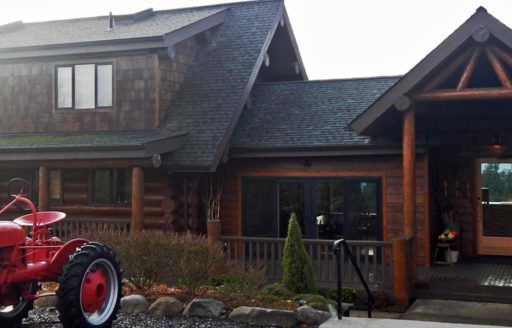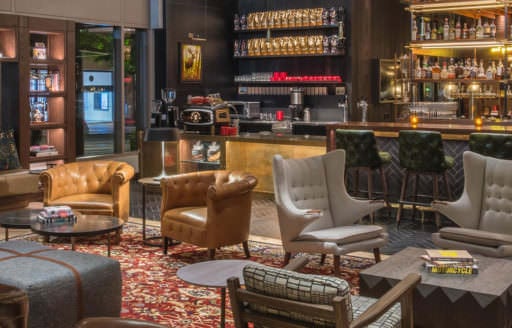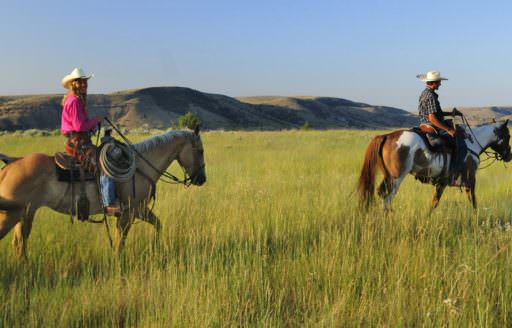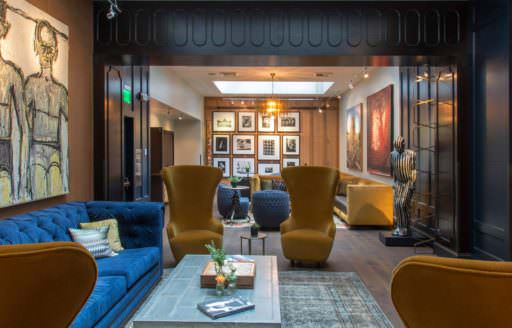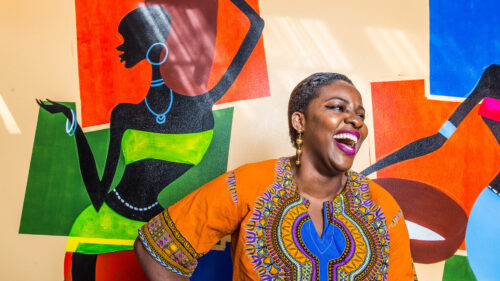Why does Portland love coffee so much? Maybe it’s the rain, which makes us crave hot beverages. Or the social connections and community bonds that form in a coffee shop. Or the sheer number of passionate artisans who care deeply about innovation and perfection in their craft.
Whatever it is, Portland has long been at the forefront of coffee culture in America, even ranked in some recent surveys as Number 1.
Now there’s one more coffee collaboration on the scene, by Kann Coffee — named after James Beard Award-winning Chef Gregory Gourdet’s live-fire Haitian restaurant in Southeast Portland. The new blend is a collaboration with two of Gourdet’s longtime friends: local Kenyan coffee expert Francis Kungu and Ian Williams, owner of Deadstock Coffee Roasters in Old Town/Chinatown.
The blend is called Melanj Espesyal (Haitian Creole for “special blend”), and it’s rooted in the shared historical experiences and cultural threads that intertwine Haiti and Kenya. Both nations have navigated complex histories, demonstrating resilience and self-determination.
“Coffee is food,” says Williams, whose sneaker-themed coffee shop just opened its second location, in downtown Beaverton. “We’re bridging a gap. What does it look like to tell a story no one else gets to tell?” Here’s how the collaboration came together, and how you can taste the flavors for yourself.
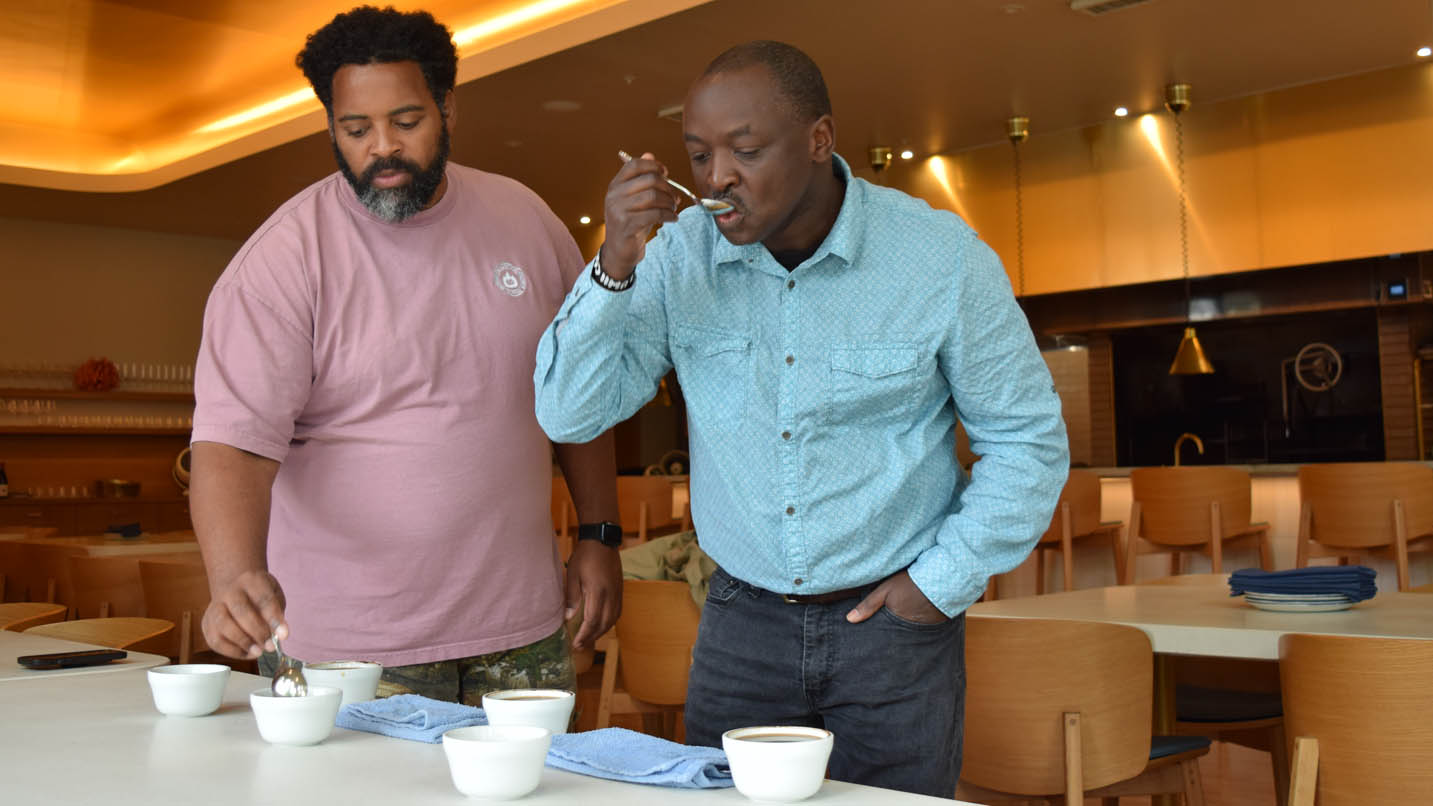
A Mission-Oriented Collaboration
Williams and Kungu, who hails from Kenya and now lives in Portland sourcing beans from his home nation — created the label to honor the history and culture of Haiti. In the 1700s, this tiny island nation in the Caribbean once provided half of the world’s coffee supply, through enslaved labor. The conditions led to the Haitian Revolution in 1804, when the nation was freed from the rule of French colonies and the people of Haiti established the first Black republic.
Kungu and Williams met in 2016 at a coffee event, of course. They knew they would eventually work together, so when Williams called with the Kann Coffee opportunity he leapt at the chance.
“If I wasn’t in Oregon, I don’t think I would be doing this,” says Kungu, who is also cofounder of Jamii Coffee and Fire Lily Coffee (formerly Exilior), where he imports and produces his single-origin Kenyan coffee and macadamia nuts, which grow alongside and provide shade for coffee trees.
He says it made perfect sense to work with Gourdet to further his mission with Kann restaurant: To showcase and uplift countries oppressed by France.
“This partnership is a testament to the enduring spirit of connection and collaboration that transcends geographical borders,” Gourdet says. “Through the Melanj Espesyal blend, we celebrate the distinct cultural richness of each nation and the powerful bonds that unite them.”
Kungu and Williams’ research and development was extensive. They attended trade shows to see what was currently on the market, identified coffee farms to work with directly, tasted their coffees, offered specific feedback, did more tastings and finally landed on their blends.
The resulting blend is sustainably grown, ethically sourced and provides living wages to the coffee-farming families in both Haiti and Kenya; it’s also a certified B Corp product.
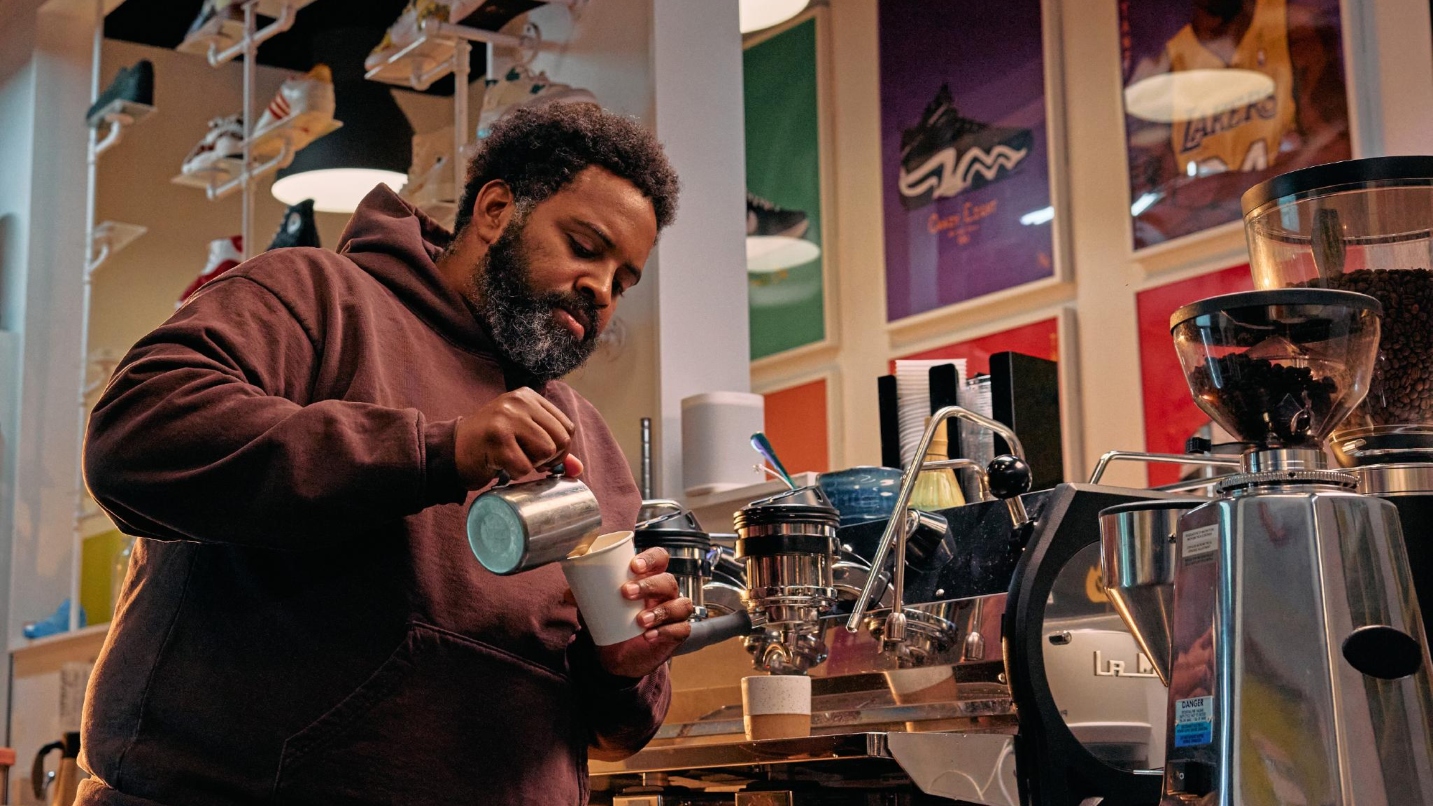
Where to Taste the Flavors
You can find both the Kann signature blend and the Haitian whole-bean coffee for purchase on the label’s website, as well as on the menu at Kann restaurant. Kenyan beans are bright and acidic while and Haitian coffee is smoothy and creamy.
The public also got to taste Kann Coffee recently in October at its debut at the Portland Coffee Festival, which includes a community marketplace, educational sessions, tastings and roasting demonstrations.
To truly appreciate and learn about the intricacies of the flavors as a true coffee connoisseur, look for upcoming cupping classes at Kann restaurant. Cupping is the term experts use for evaluating the quality, aroma and flavor profile of coffee.
If you book an expert-led experience like Third Wave Coffee Tours you might take part in a cupping, which involves a sniffing the beans and slurping the coffee grounds after they’ve “bloomed” with hot water after a precise amount of time. The experts will lead you through the process, which is beginner-friendly since it’s all about education — no knowledge necessary.
In Old Town Portland and downtown Beaverton, you can catch Williams and his special brews and funky decor at Deadstock Coffee.

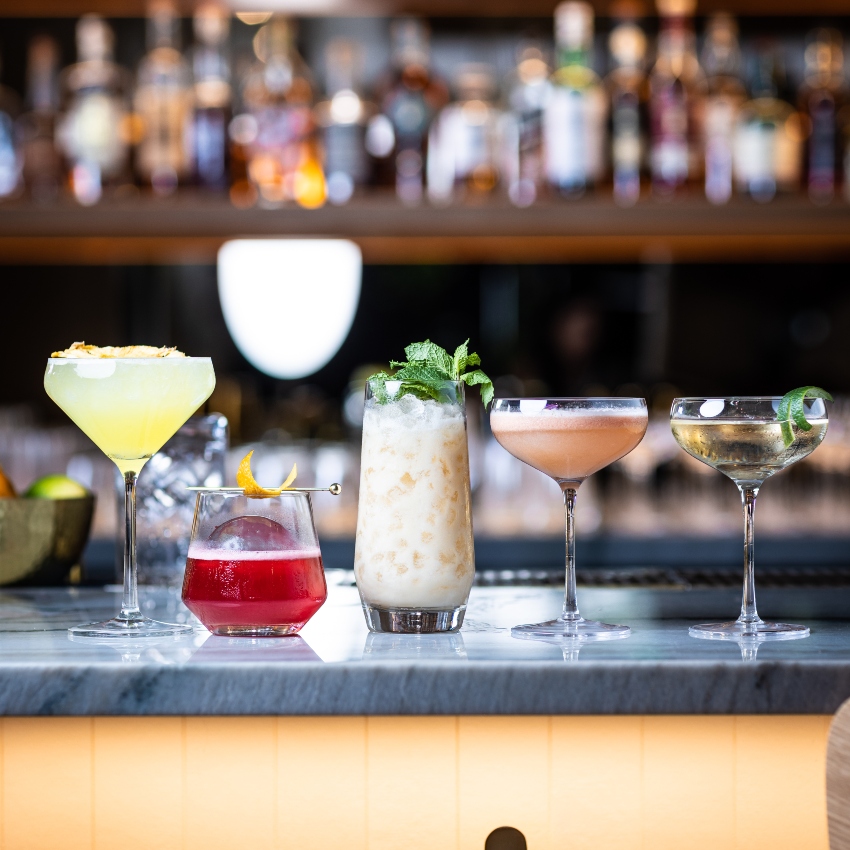
Recipes to Try at Home
You don’t have to be a coffee drinker to enjoy Kann Coffee. Here are two recipes recommended by Deadstock and Kann Coffee to try at home.
Kann BBQ Sauce
4 cups all-natural ketchup
10 Tsp honey
¼ cup chipotle powder
2 Tsp apple cider vinegar
¼ cup Kann Coffee
2 Tsp salt
Combine all in a bowl until well mixed. Slather on poultry and vegetables before roasting.
Coffee Maple Syrup
8 oz maple syrup
1/3 cup Kann Coffee
Put coffee in maple in a small saucepan and bring to a low simmer. Turn off and let sit for 3 minutes. Strain twice with a sieve. Keep in refrigerator. Gently warm before use.



